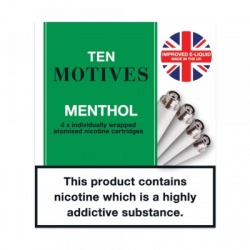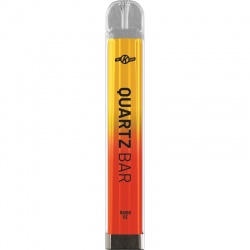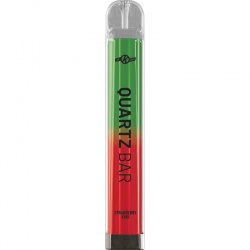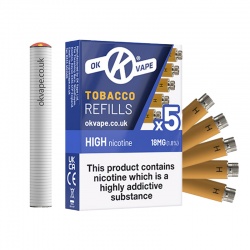| Is Vaping Bad for You?15 April 2016 Vaping has quickly become hugely popular among a range of age groups, both as an alternative to smoking and as a pursuit in its own right. The question most people have, though, is whether or not vaping is bad for you. So, is it? Early DaysAs of yet, it's impossible to make a definitive conclusion one way or the other, since vaping has only been around a comparatively short time and its long-term effects haven't been studied. Vaping, then, is still somewhat of an unknown, though early findings have been positive. While we can't deal in absolutes, we can at least outline some of the benefits, as well as the concerns of vaping. Tobacc-noThe obvious advantage vaping has over smoking is in the fact that the e-liquids used don't contain any tobacco. It's no secret that consuming tobacco in any form comes with a host of negative consequences, including increased risks of heart disease, heart attacks, several forms of cancer and lung problems to name a few. The absence of tobacco in vaping products can therefore only be seen as a good thing. E-liquidsE-liquids comprise a base of either propylene glycol or vegetable glycerin. These ingredients are non-toxic organic compounds, generally considered safe for consumption. They are actually used as food additives, and can be found in a variety of products on the shelves of your local supermarket. A number of different flavourings can be added to the base, to simulate various tastes. Whether you want ice cream, custard or more traditional tobacco flavours, the world is your oyster. E-liquids also contain, in some instances, nicotine. NicotineE-liquids used by vapers frequently contain nicotine, though they are available in a choice of concentrations and can even come nicotine-free. Higher concentrations of nicotine are generally used by those who have transferred from regular cigarettes and still need that nicotine hit, while in time many people are able to work their way down to a lower concentration. While nicotine has a deserved reputation for being an addictive substance, it still "poses little heath risks except in certain vulnerable groups" (Cancer Research UK). In pregnant women or children, consumption has been linked with adverse effects but studies have shown that nicotine is not a significant cause of cardiovascular disease. In terms of cancer risks, there is insufficient evidence to classify nicotine as a carcinogen either. The StudiesSo far findings have been largely positive, with one study showing that, with regards to quitting smoking, e-cigarettes were 60% more effective than traditional methods such as nicotine gum or patches. Other studies have shown the good and bad of vaping; a study conducted on mice showed that e-cigarettes generated free radical toxins similar to those found in cigarette smoke and air pollution. Sound bad so far? Closer inspection, though, determines that these toxins were only found in concentrations of 1% compared to regular cigarettes. To Vape or Not to Vape?So, while some people may try to lead you ashtray with comparisons to regular cigarettes, it's better to do the research and find out the facts before your argument runs out of steam. It may be too early to consider vaping completely harmless, but it certainly seems like a less risky pursuit in the long run.
| ||||||||||||||||||||||||||||||||||||||||||||||||||||||||||||||||||||||||||||||||||||||||||||||||||||||||||||||||


-pj.jpg)


-pj.jpg)
-pj.jpg)


-pj-.jpg)



-pj.jpg)



